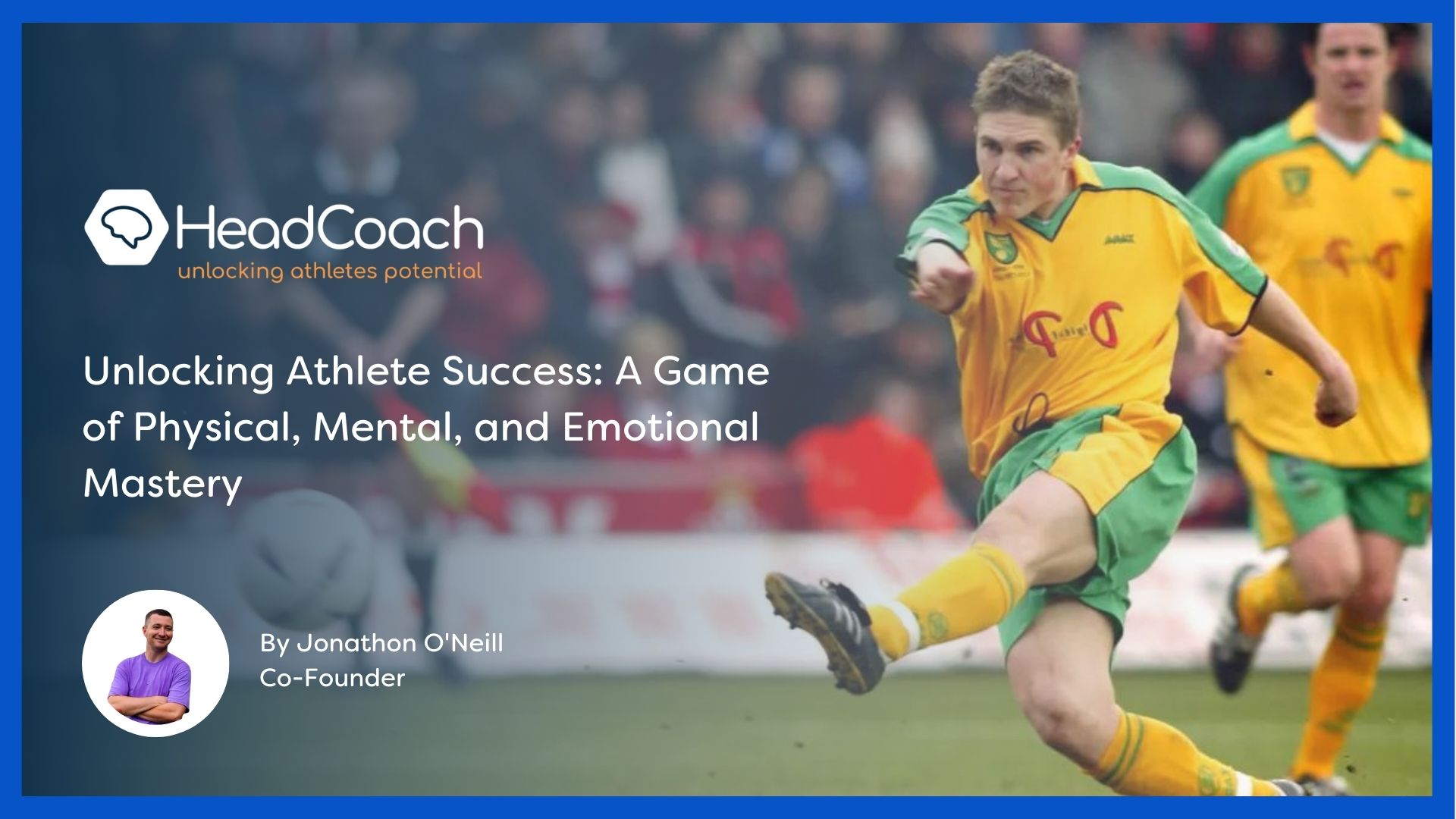The ultimate goal of any sports organisation with an interest in high levels of sporting performance is to effectively nurture athletes, enabling them to realise their full potential.
In the world of sports, where the top athletes command multi-million dollar salaries and clubs rival billion-dollar companies, talent identification and development reign supreme. But what truly separates the future superstars from the rest? While there's no universal roadmap to success, recent research points to a fascinating mix of physical, mental, and emotional attributes that could hold the key. In this exploration, we'll delve into the multifaceted nature of athlete success and reveal why mastering not just the physical game but also the emotional and mental aspects is the winning formula.
Game Intelligence: Where Physical and Mental Skills Converge
In the quest for athletic excellence, physical prowess often takes centre stage. Young athletes are often labelled as "talented" due to physical maturity, but does that guarantee future success? Research suggests otherwise. While physical attributes certainly matter, relying solely on them can be shortsighted.
Consider the case of a young Lionel Messi or Paul McVeigh. These athletes didn't rely on sheer physicality to reach the top. Instead, they honed their game intelligence—understanding the sport at a deep level, making split-second decisions, and anticipating moves before they happened.
Game intelligence encompasses vital aspects such as positioning, decision-making, and situational understanding. It's the difference between a good player and a great one. Developing these skills requires dedication, belief, and, interestingly, emotional intelligence (EI).
Emotional Intelligence: The Silent Game Changer
EI, a concept gaining traction in both sports and business, is the ability to recognize and manage emotions—your own and others'. A high level of EI can be a game-changer for athletes aiming to reach the pinnacle of their sport.
Research shows that about 90% of top performers in fields like sports possess high levels of emotional intelligence. It's not just about "keeping cool under pressure," although that's certainly part of it. EI encompasses self-awareness, resilience, and the ability to deal with setbacks—critical skills for young athletes navigating the challenging path to success. These findings are in line with other research from Dr John Raglin on the ‘Mental Health Model’ which proposes that better mental health corresponds to greater sporting success. The research found that ‘psychological factors’ accounted for 80% of performance.
Take the case of Paul McVeigh, a professional footballer who stood at just 5'6". His emotional intelligence played a crucial role in his career, allowing him to overcome physical barriers. Like McVeigh, many elite performers perceive their psychological behaviours as the key to their success. It's not just about talent; it's about how you handle the mental and emotional aspects of the game.
The Winning Combination
So, young athletes, remember that your journey to greatness is multifaceted. Develop your mental and emotional skills with the same passion as you perfect your physical abilities. With the right combination, you can rise to the top of your sport, just like Paul McVeigh and countless others.
Your path to success isn't just about the physical game; it's a mental and emotional journey.
Unlock your potential—it's the winning formula.
Get a free copy of Paul McVeigh's e-book, The Stupid Footballer is Dead here





Leave a Comment